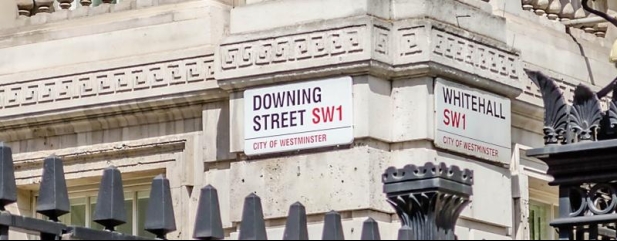Archived article
Please note that tax, investment, pension and ISA rules can change and the information and any views contained in this article may now be inaccurate.
Budget likely to feature a raft of ‘stealth taxes’ to raise revenue

Unfortunately for the new chancellor, and by extension taxpayers, the latest public finance figures reveal there is ‘no magic money tree bathed in the light of a rainbow,’ as AJ Bell’s head of financial analysis Danni Hewson put it.
Government borrowing in September was £16.6 billion, the highest since the pandemic and above official forecasts due to public sector wage deals and interest costs.
While the new Labour administration has little choice but to stick to its manifesto promise of not raising direct taxes on ‘working people’, it seems likely it will seek to plug the fiscal gap through ‘stealth taxes’, starting with prolonging the freeze on personal tax thresholds beyond the 2028 deadline.
Without an increase in the thresholds each year at least in line with inflation, more people are finding themselves pushed into higher tax brackets – a phenomenon known as ‘fiscal drag’ – resulting in the UK’s tax burden hitting its highest level in nearly 80 years.
According to estimates, by extending the deadline to the 2029-30 tax year the Treasury could raise another £7 billion.
It also seems likely capital gains tax and tax allowances will be tinkered with, which has led to a flood of directors selling shares and other investors dumping stocks especially at the smaller end of the market.
In addition, law firms have reported a surge in the number of enquiries they have received as business owners and landlords rush to sell assets.
Inheritance tax looks an easy target for the chancellor, as figures this week showed receipts for the six months to June hit £4.3 billion or £400 million more than the same period last year.
With just one in 20 estates liable for the tax, the temptation to widen the net to bring in more revenue will be strong, and because the rules are quite complex there are lots of ways the Government can tweak them to increase its take, including removing the tax-free status of pensions as pensioners aren’t ‘working people’ for the most part.
Finally, fuel duty – which is currently levied at around 53p per litre and brings in about £25 billion in annual revenue – is rumoured to be set to rise by up to 7p per litre in the Budget after being frozen since 2010.
As well as being an easy way for the Treasury to raise an extra £4 billion, pressure has been building on the government from environmental and transport campaigners to bring the cost of driving more into line with rail and air fares.
Disclaimer: Financial services company AJ Bell referenced in this article owns Shares magazine. The author of this article (Ian Conway) and the editor (Tom Sieber) own shares in AJ Bell.
Important information:
These articles are provided by Shares magazine which is published by AJ Bell Media, a part of AJ Bell. Shares is not written by AJ Bell.
Shares is provided for your general information and use and is not a personal recommendation to invest. It is not intended to be relied upon by you in making or not making any investment decisions. The investments referred to in these articles will not be suitable for all investors. If in doubt please seek appropriate independent financial advice.
Investors acting on the information in these articles do so at their own risk and AJ Bell Media and its staff do not accept liability for losses suffered by investors as a result of their investment decisions.
Issue contents
Feature
Great Ideas
Investment Trusts
News
- Why former stock market darling Fevertree Drinks has lost its fizz
- Baltic Classifieds is emulating Auto Trader and Rightmove in Eastern Europe
- What the narrowest corporate bond spreads in two decades mean for investors
- Budget likely to feature a raft of ‘stealth taxes’ to raise revenue
- The market is looking for Visa lawsuit clarity
 magazine
magazine








